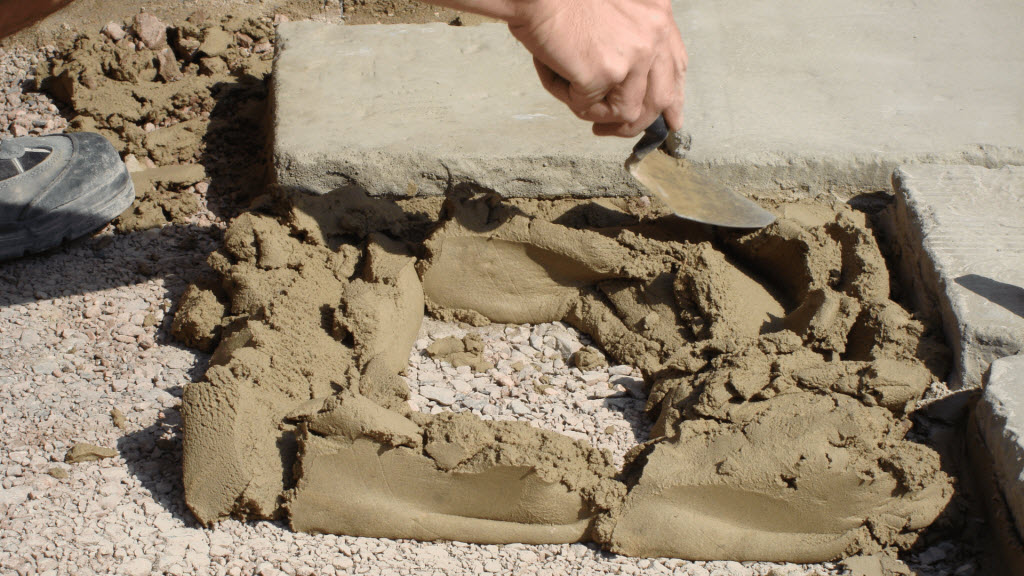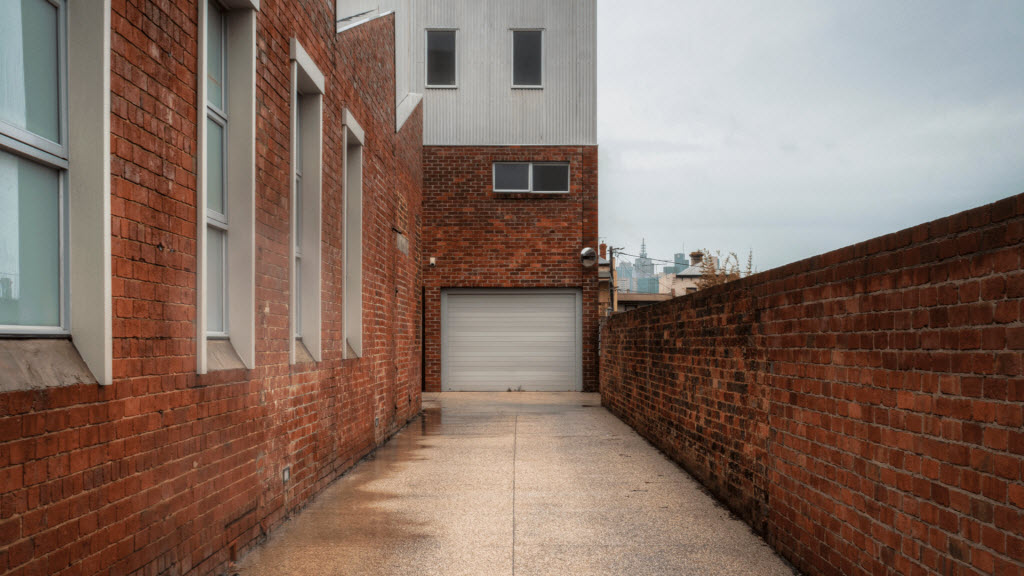concreters
It is an easy way for your home to be updated and improve its curb appeal.
concrete slab jacking
Aggregate is an important component in concrete.
You can see the result of your labor every single time you drive past a newly constructed building.

It is an easy way for your home to be updated and improve its curb appeal.
Fine aggregate refers only to smaller particle sizes than coarse aggregate. Fine aggregate is often used for concrete and asphalt construction.


Concrete work can be very time-consuming. To ensure quality, every detail must be taken into consideration. Concrete work is not for everyone. However, those who are willing to take on the challenge will feel great satisfaction when the final product is completed.
concrete steps

Concrete steps are essential to reaching our goal. These steps need to be carefully planned and thought out. If we take the time to think about these things, our chances of success are higher.

Concrete and cement are both construction materials that are used extensively around the world. They both have their own unique properties and uses, which is why they are often confused with one another.
Concrete is a mixture of cement, water, sand, and gravel. It is used in construction projects such as foundations, flooring, walls, and roads. The main advantage of concrete is that it is very strong and durable.
Cement, on the other hand, is a powder made from limestone and clay. It is mixed with water to make mortar or concrete. Cement is an essential ingredient in construction because it gives concrete its strength and durability.
If you use too much cement in concrete, it can adversely affect the strength and durability of the final product. The amount of cement in a concrete mix is typically expressed as a "cement to sand ratio" or a "cement to aggregates ratio". A higher-than-normal cement ratio means that there will be more cement paste surrounding the individual aggregate particles, which can make the concrete weaker and more susceptible to cracking. Conversely, using too little cement will also lead to substandard concrete; in this case, the mixture will be more likely to experience shrinkage cracking as it dries. It's therefore important to get your proportions right when making concrete, in order to ensure a high-quality final product.
The answer to this question depends on a few factors, including the type of concrete, the weather conditions during and after the pour, and the thickness of the reinforcing bars (rebar). In general, however, a minimum thickness of 4 inches is recommended.
If you are looking for a more specific answer, it is best to consult with a professional engineer.